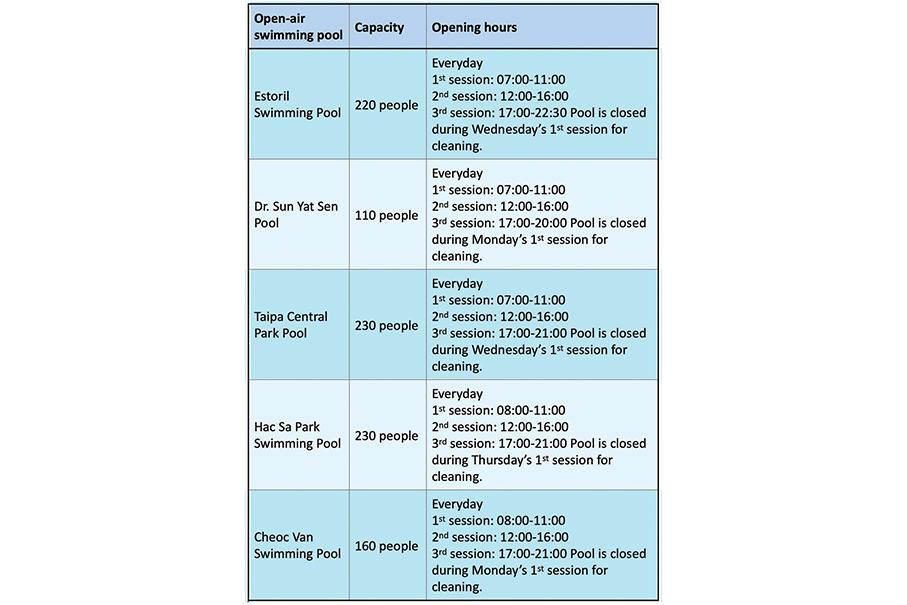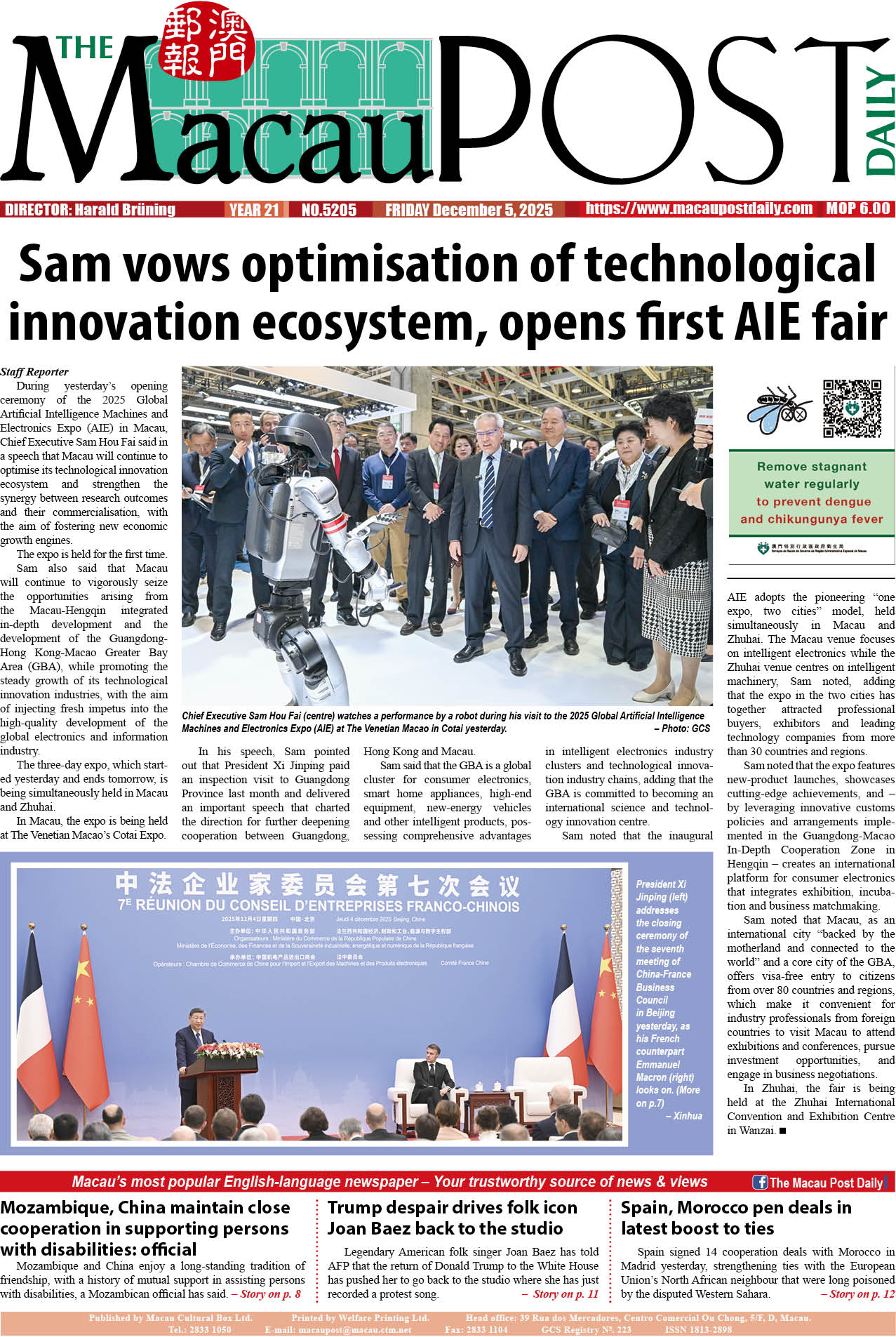The Consumer Council (CC) and the Economic and Technological Development Bureau (DSEDT) said in a statement yesterday that they will continue to enhance the inspection of retail outlets, such as supermarkets, which have been urged to abide by the government’s COVID-19 prevention measures.
According to the statement, the council and the bureau have urged the retail outlets to do better in the novel coronavirus prevention measures by sending more workers to clean and disinfect the premises and goods frequently, checking customers’ temperatures and Macau Health Codes as well as keeping the premises ventilated and managing the flow of people.
Both also urged shoppers to scan the contact-tracing-function QR codes (commonly known as venue codes) when they enter the premises in cooperation with the government’s anti-epidemic measures.
The statement said that both will keep in touch with the suppliers and retail sector, as well as strengthen the inspection of the retail market based on the actual situation of the current COVID-19 outbreak, while reminding the relevant shops, such as supermarkets, to enhance their novel coronavirus prevention measures. The shops should also provide their staff with high-standard protective equipment and pay extra attention to their health condition, the statement underlined.
Meanwhile, both urged the public to shop during off-peak hours by allotting their shopping time, adding that they should shop at other times or at other outlets in the same district if the supermarkets are crowded, in order to avoid crowding.
The statement underlined that people should take good personal protection, such as wearing KN95 facemasks, maintaining a one-metre distance and actively scanning the venue codes when leaving home.
Meanwhile, according to another statement by the bureau and council yesterday, as of the beginning of this month, around 1.29 million kilogrammes of rice were in stock, while the stocks of cooking oil and instant noodles reached around 690,000 litres and over two million respectively, all of which would normally last for around a month. The statements added that there is also a stable supply of liquefied petroleum gas (LPG), disinfection products, canned food and other daily goods. Therefore, both underlined, the supply of goods will not be affected by the COVID-19 prevention measures.
The statement did not mention what the units for the noodles are.

This undated handout photo provided by the Consumer Council (CC) and the Economic and Technological Development Bureau (DSEDT) yesterday shows a shopper scanning a venue code provided by the supermarket before entering the premises.








